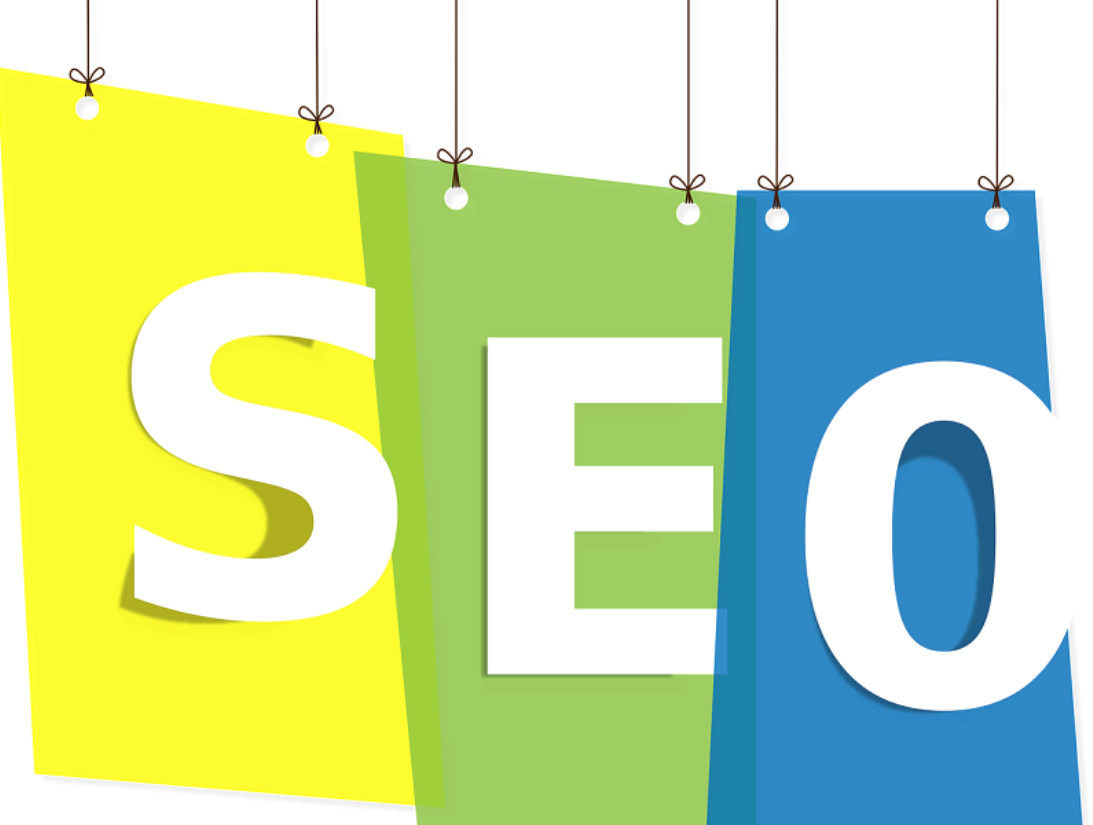
Shopify SEO Myths Debunked: What Really Works for Ranking
E-commerce is setting its roots in the digital world, and at the heart of this expansion is Shopify, a leading commerce platform that allows anyone to set up an online store and sell their products. As more businesses evolve digitally, the competition to get noticed on search engine results pages (SERPs) is fiercer than ever. That’s where Shopify SEO, or Shopify search engine optimization, comes into play. But with a myriad of SEO advice floating around, it’s tough to separate fact from fiction. This leads to various misconceptions, or myths, that can mislead store owners and may harm their online visibility.
However, there’s no one-size-fits-all answer in SEO. Because every company is different, it faces different possibilities and problems. Hence, enlisting the services of a Shopify SEO agency can provide tailored advice and strategies to boost your store’s search engine rankings. In this in-depth article, we’ll debunk some common Shopify SEO myths and clarify what really works to improve your Shopify ranking on search engines like Google. By the end, you’ll be equipped with the knowledge to elevate your Shopify store above the common misconceptions and toward genuine, sustainable SEO success.
Myth 1: Shopify Stores Rank Well Automatically
One prevalent myth is that Shopify stores have an automatic SEO advantage. The truth is, while Shopify provides a solid foundation for good SEO practices, it’s not a magical solution. Just like any website, a Shopify store requires consistent and strategic SEO efforts. Companies need to engage in keyword research, on-page optimization, and high-quality link building. A Shopify SEO company could help in identifying the specific needs of your store and creating a customized SEO plan.
Myth 2: More Keywords Equals Better Ranking
Another common misconception is that simply stuffing your content with keywords will lead to better rankings. This is not only a misconception but can also get your store penalized by search engines. Instead, focus on integrating relevant keywords into high-quality content. It’s more about the right keywords than the quantity. A good Shopify SEO consultant will emphasize the importance of keyword quality and context over quantity.
Myth 3: SEO Is a One-Time Task
Many believe that SEO is a one-time process. In reality, SEO is an ongoing process. As search engines are continually updating their algorithms, and your competitors are always optimizing their sites, it’s crucial to keep up-to-date with these changes and adjust your strategies accordingly. With the help of a professional Shopify SEO agency, you can update your content, improve site speed and acquire new backlinks.
Myth 4: The More Backlinks, the Better
It is a common misconception that leveraging the increased quantity of backlinks can result in improved ranking. However, the quality of backlinks is significantly more important than the quantity. A few backlinks from reputable, high-authority sites can do more for your ranking than many low-quality links. A responsible Shopify SEO company would focus on building high-quality links rather than just increasing the number of links.
Myth 5: Images Don’t Affect SEO
Some people think that images don’t have any impact on their Shopify Search Engine Optimization. This isn’t true. Image optimization is a critical aspect of Shopify SEO. Ensuring that images are the right size and format can improve page loading times, which is a common factor in search engine rankings. Additionally, proper use of alt text with images can help search engines understand the content better. As a result, your images will be more likely to appear in image searches.
Myth 6: Negative Reviews Will Harm Rankings
There is a belief that negative reviews will hurt your Shopify Search Engine Optimization. In reality, reviews, even negative ones, can be beneficial if handled correctly. Responding to these negative reviews shows that you value your customer feedback and are committed to improving your services. This can actually improve your store’s credibility and trustworthiness. A knowledgeable Shopify SEO consultant can guide you on the best practices for managing reviews to bolster your SEO.
Myth 7: Secure Websites Don’t Affect SEO
Another myth is the idea that HTTPS, a secure website protocol, doesn’t impact SEO. Security is a priority for search engines, and HTTPS is now a ranking signal. A professional Shopify SEO agency can ensure your Shopify store is secure and not only protects your customers’ data but can also give you a slight edge in search rankings. Security should be a top priority for any Shopify SEO company you work with.
Implementing Effective Shopify SEO Strategies
Now that we’ve busted some common myths let’s look at what actually works in Shopify SEO:
- Quality Content
- User Experience
- Technical SEO
- Backlink Quality
- Consistent Optimization
Last Note
It is important to debunk the myths surrounding Shopify Search Engine Optimization in your journey to make your online shop more visible on search engines like Google. It’s important to understand that good SEO isn’t about quick fixes or sneaky tricks; it’s about building a solid, reliable strategy that stands the test of time. Patience, consistency, and a commitment to quality are your best friends in this game of online visibility. In addition to being more likely to rank higher in search results, a user-friendly, fast-loading website with useful content increases the likelihood that visitors will enjoy visiting it and return in the future. In the long run, this implies higher revenues and a more robust company.



